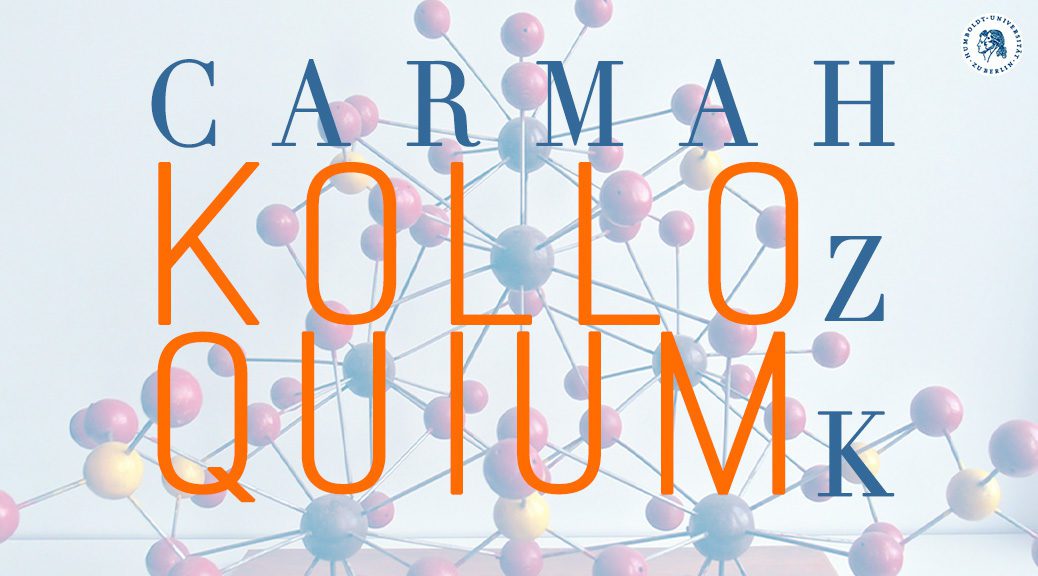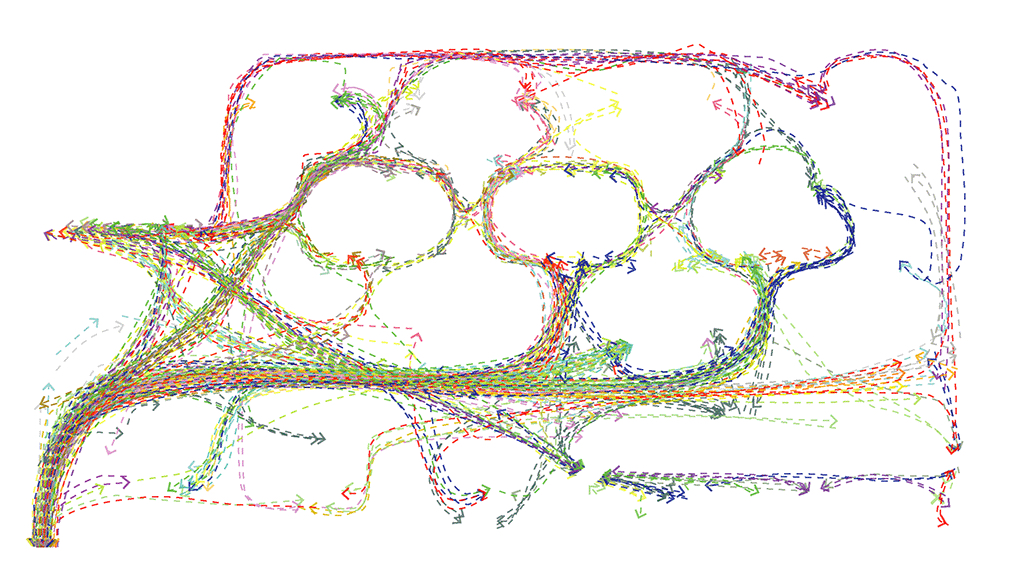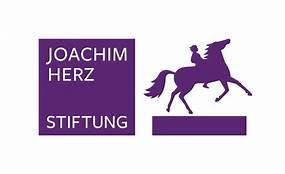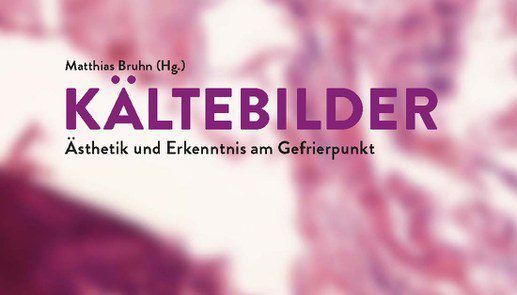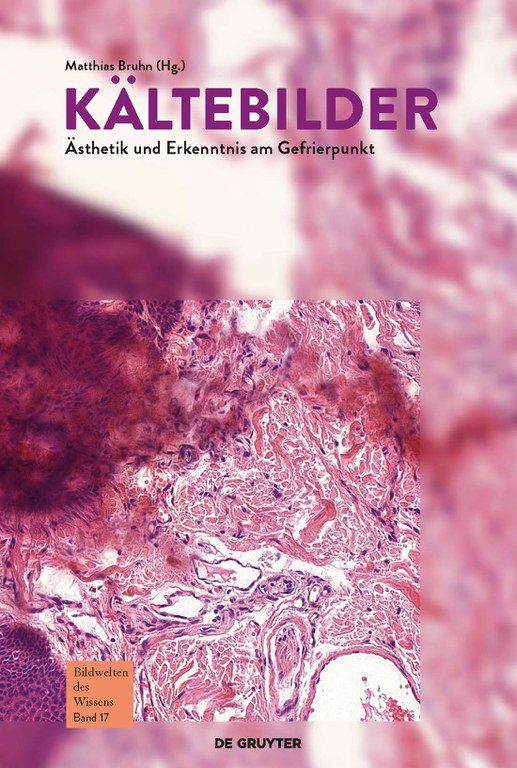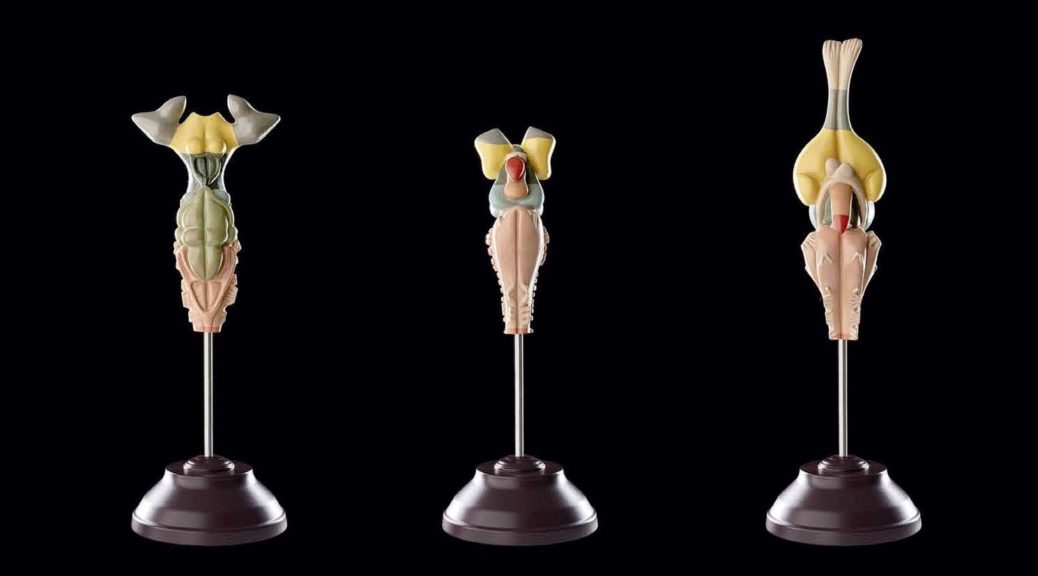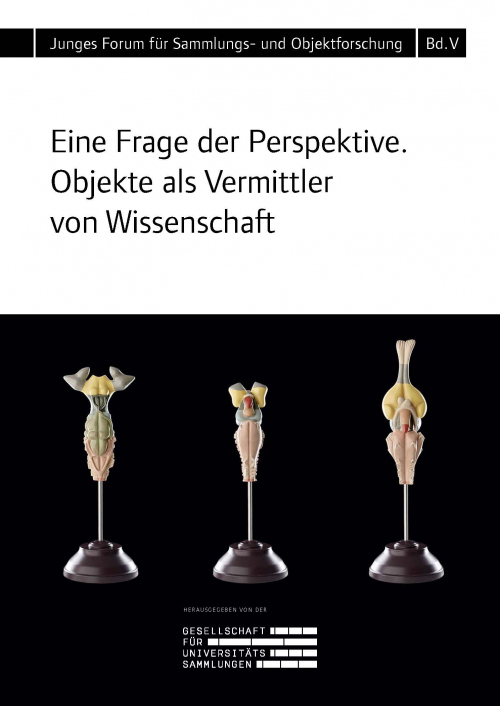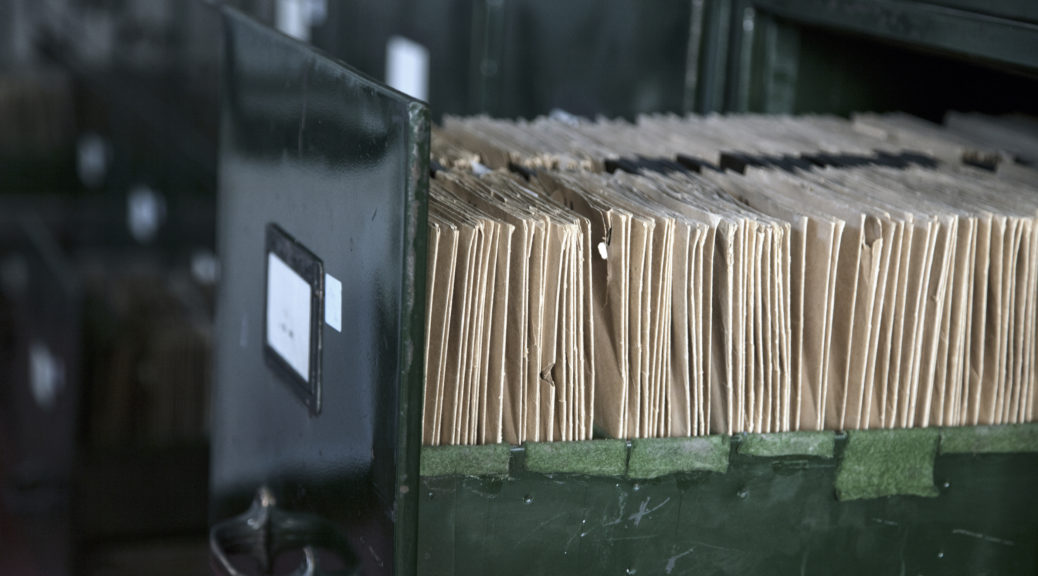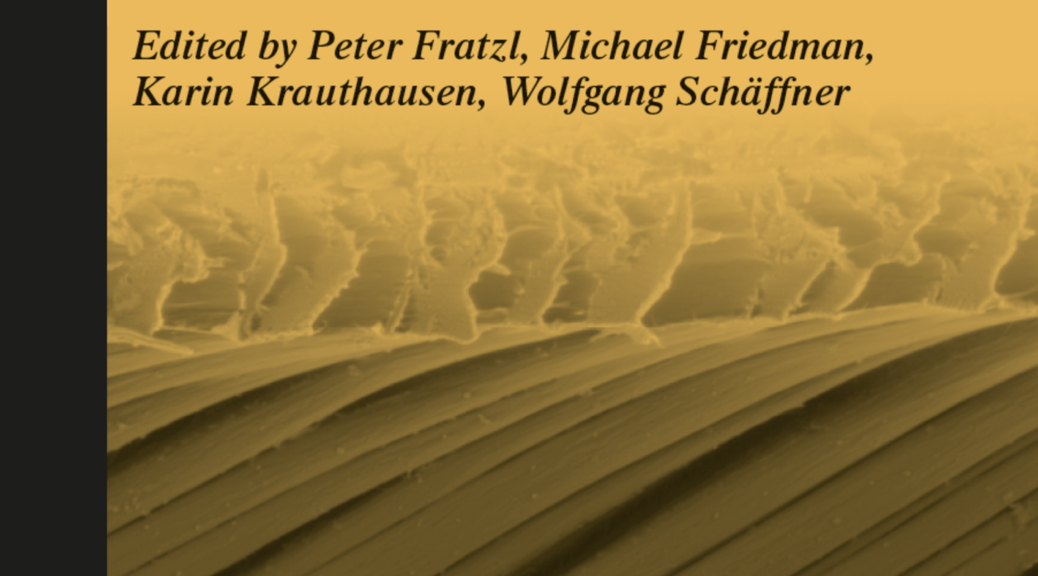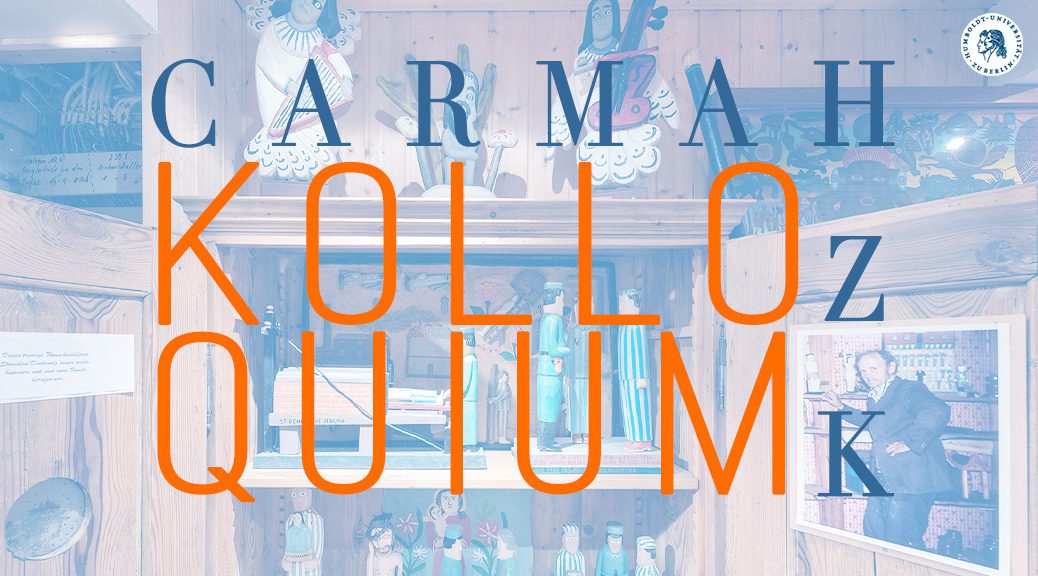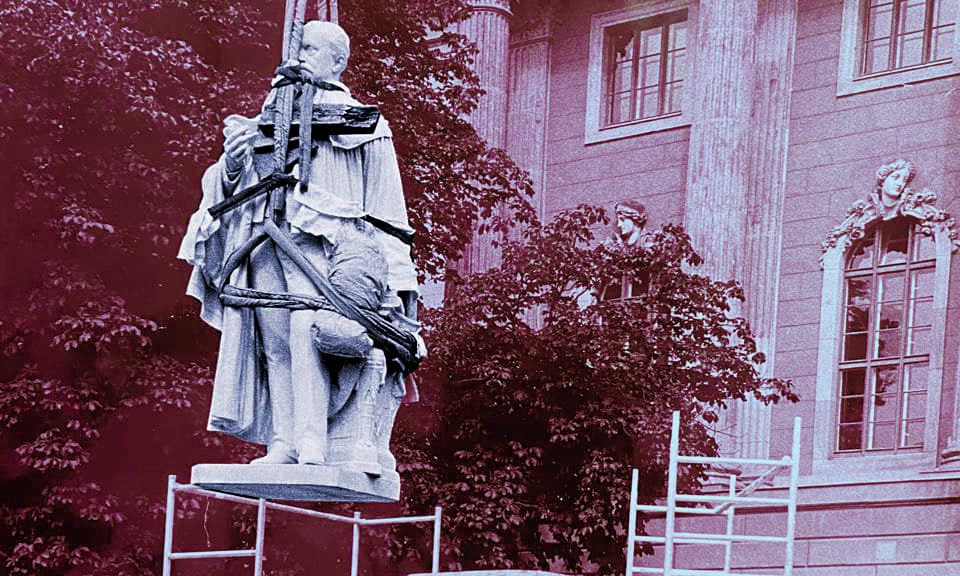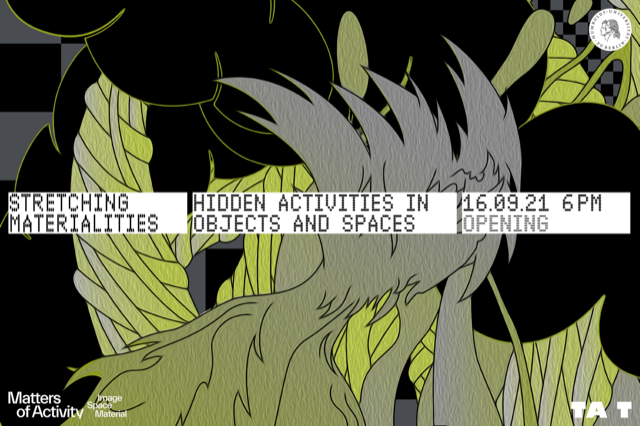The next colloquium will take place on 25 April 2022 at 2 pm and all interested parties are cordially invited!
The event will be held virtually.
Access data for the video conference will be provided on request by email to oliver.zauzig@hu-berlin.de.
The Museum as a Choir: Visitor Reactions to the Multivocality at the Humboldt Forum’s ‘Berlin Global’
This talk by Irene Hilden & Andrei Zavadski will provide insights into the research project ‘Realizations and Reception in the Humboldt Forum,’ based at the Centre for Anthropological Research on Museums and Heritage (CARMAH), Humboldt-Universität zu Berlin.
With ethnographic audience research at its root, the project explored how visitors engaged with the Humboldt Forum and its exhibitions during the first weeks of the institution’s operation. The talk will focus on some of the findings related to audience experiences of multivocality as employed in the exhibition ‘Berlin Global.’
The lecture will be held in English.
